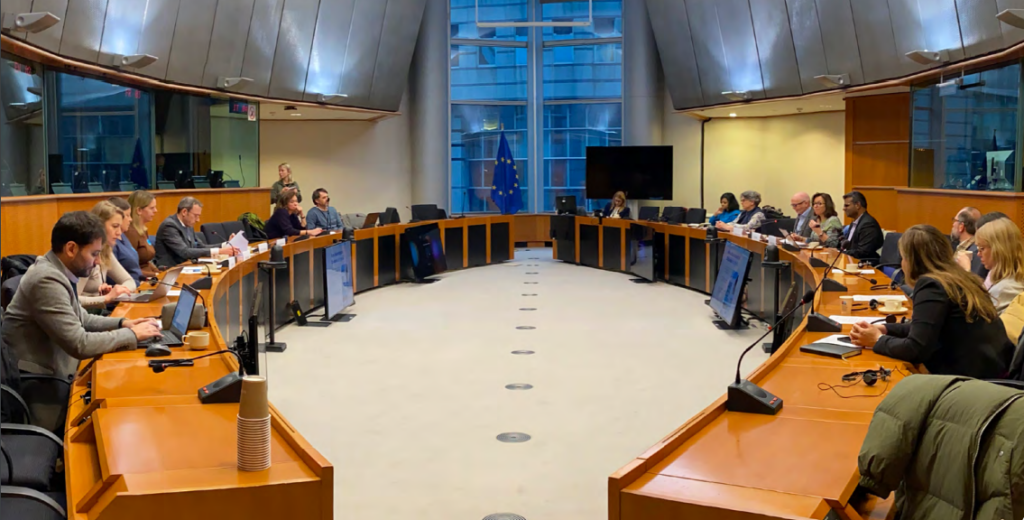
Held at the European Parliament, the meeting was produced by the European Alliance for Patient Access in collaboration with the European Federation of Neurological Associations and the European Brain Council. Stakeholders gathered from across Europe to discuss the critical need for improved access to care, services and treatment for people living with rare neurological diseases.
The meeting highlighted several important issues:
Unmet needs persist for rare disease patients. 95% of rare diseases are disregarded in terms of research. 50% of patients do not have a confirmed molecular diagnosis and can wait up to several years for a diagnosis even if the disease is known. Initiatives like those discussed during the roundtable, however, can give patients hope for the future.
To learn more about the recent roundtable event, read the full meeting report here.
Recent Posts

Global Alliance for Patient Access
© 2024 GAfPA. All Rights Reserved
| Cookie | Duration | Description |
|---|---|---|
| cookielawinfo-checkbox-analytics | 11 months | This cookie is set by GDPR Cookie Consent plugin. The cookie is used to store the user consent for the cookies in the category "Analytics". |
| cookielawinfo-checkbox-functional | 11 months | The cookie is set by GDPR cookie consent to record the user consent for the cookies in the category "Functional". |
| cookielawinfo-checkbox-necessary | 11 months | This cookie is set by GDPR Cookie Consent plugin. The cookies is used to store the user consent for the cookies in the category "Necessary". |
| cookielawinfo-checkbox-others | 11 months | This cookie is set by GDPR Cookie Consent plugin. The cookie is used to store the user consent for the cookies in the category "Other. |
| cookielawinfo-checkbox-performance | 11 months | This cookie is set by GDPR Cookie Consent plugin. The cookie is used to store the user consent for the cookies in the category "Performance". |
| viewed_cookie_policy | 11 months | The cookie is set by the GDPR Cookie Consent plugin and is used to store whether or not user has consented to the use of cookies. It does not store any personal data. |